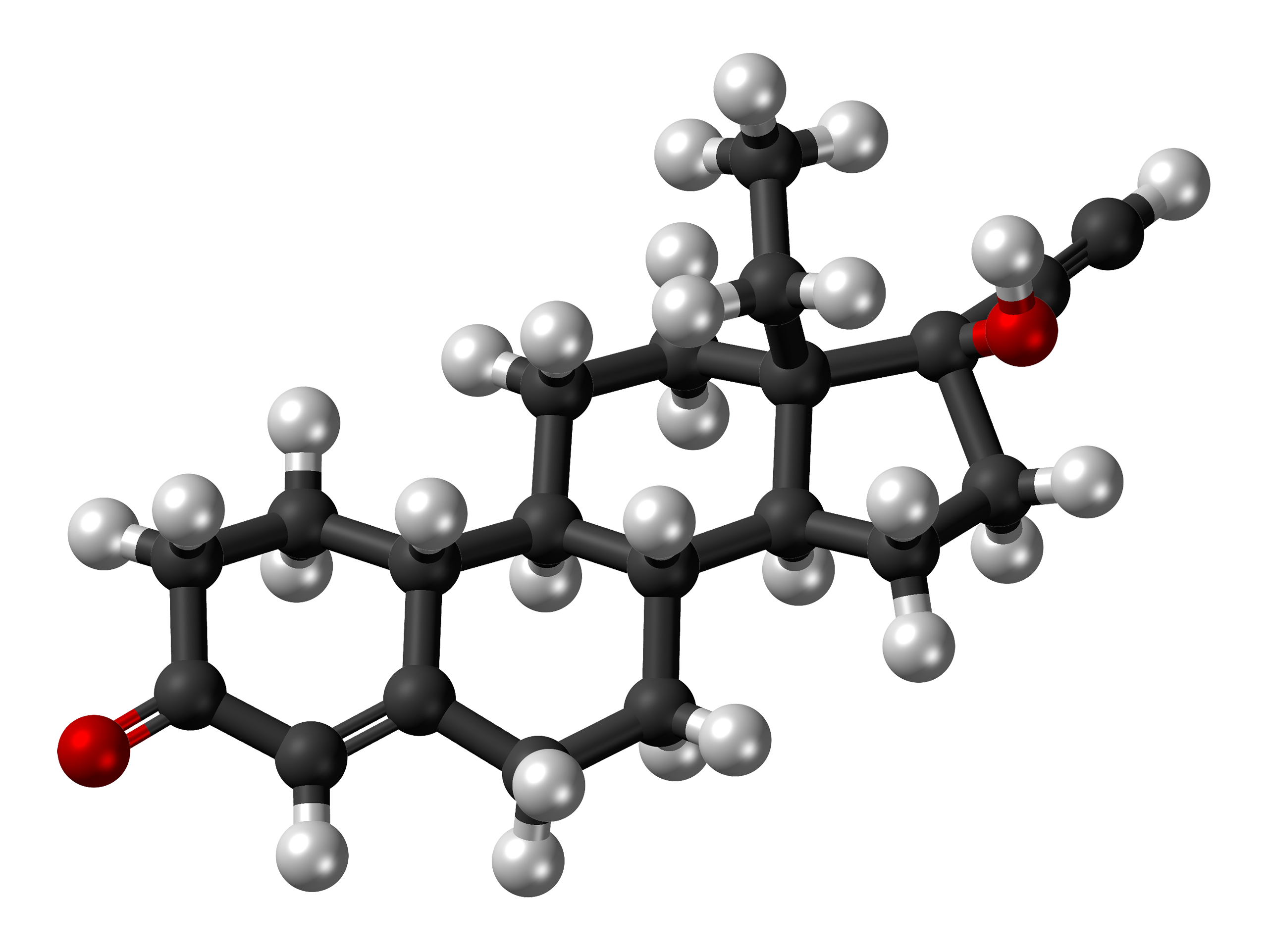| name | Levonorgestrel |
| classification | Emergency Contraceptive |
| pharmacokinetics | Levonorgestrel is rapidly absorbed after oral administration. Peak plasma concentrations are typically reached within 1-4 hours. The drug is primarily metabolized in the liver via the cytochrome P450 system. Elimination half-life varies, but it is generally short, allowing for the effectiveness of a single dose. Specific pharmacokinetic parameters may vary by individual factors such as liver function and other co-medications. |
| suggested dosage | | emergency contraception | 1.5 mg taken as a single dose as soon as possible after unprotected intercourse, and a second dose 12 hours later. | | note | Dosage should be tailored to specific formulations, which may use different dosages. Always refer to the product information provided by the pharmaceutical manufacturer. |
|
| indications | Emergency contraception to prevent pregnancy after unprotected intercourse. It is effective if taken within 72 hours (ideally within 24 hours) of unprotected sex. If a woman is already pregnant when taking levonorgestrel, it is not effective in ending the pregnancy. |
| safety in pregnancy | Not indicated for use in established pregnancies. |
| safety in breastfeeding | Levonorgestrel is generally considered safe for breastfeeding women. While some studies have reported small effects on infant hormonal levels, these effects are generally minor and temporary. However, it is always prudent to consult with a healthcare provider for personalized advice. |
| side effects | | 1 | Nausea | | 2 | Vomiting | | 3 | Abdominal pain | | 4 | Headache | | 5 | Fatigue | | 6 | Breast tenderness | | 7 | Lightheadedness | | 8 | Menstrual irregularities (delayed or heavier bleeding). |
|
| alternatives | |
| contraindications | | 1 | Known hypersensitivity to levonorgestrel or any of the ingredients in the formulation. | | 2 | Severe liver disease. |
|
| interactions | Information on drug interactions is limited and needs further investigation. Consult with a pharmacist or physician about any medications you are currently taking or have taken recently. Some interactions may affect efficacy or increase the risk of side effects. Medications known to interact with levonorgestrel metabolism in the liver, including certain antibiotics, antifungal drugs, and others, may influence the absorption or elimination of the medication. |
| warnings and precautions | | 1 | Levonorgestrel is not a substitute for regular birth control. | | 2 | It is not as effective as other methods of birth control and should not be used as a regular method of contraception. | | 3 | Repeated use may lead to irregular menstrual cycles or other side effects. | | 4 | The efficacy of emergency contraception may be reduced if vomiting occurs within 2-3 hours of taking the medication. Taking an antiemetic such as ondansetron before or after the medication can prevent vomiting and thus improve effectiveness. |
|
| additional information | Levonorgestrel is available in different dosages and formulations. Always read the label and follow the instructions provided by your healthcare professional or the manufacturer. This information is for educational purposes only and should not be considered as medical advice. Consult with a qualified healthcare professional for any health concerns or before making any decisions related to your health or treatment. |
| patient details | | age | 25 | | weight | 70 | | gender | male | | note | Levonorgestrel is not indicated for male patients. The information provided here is for a female patient taking emergency contraception. Please consult with a medical professional for accurate advice regarding male health concerns. |
|

